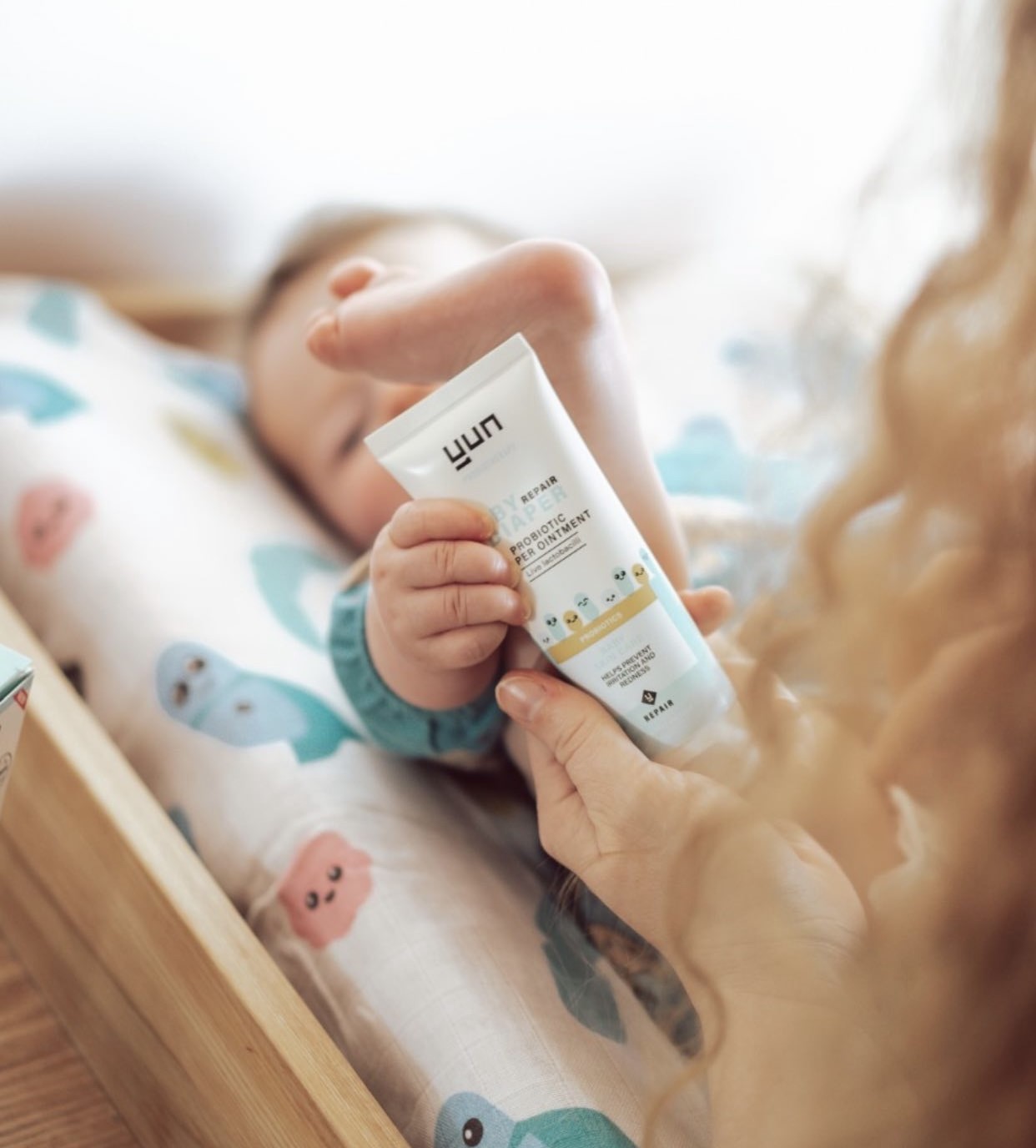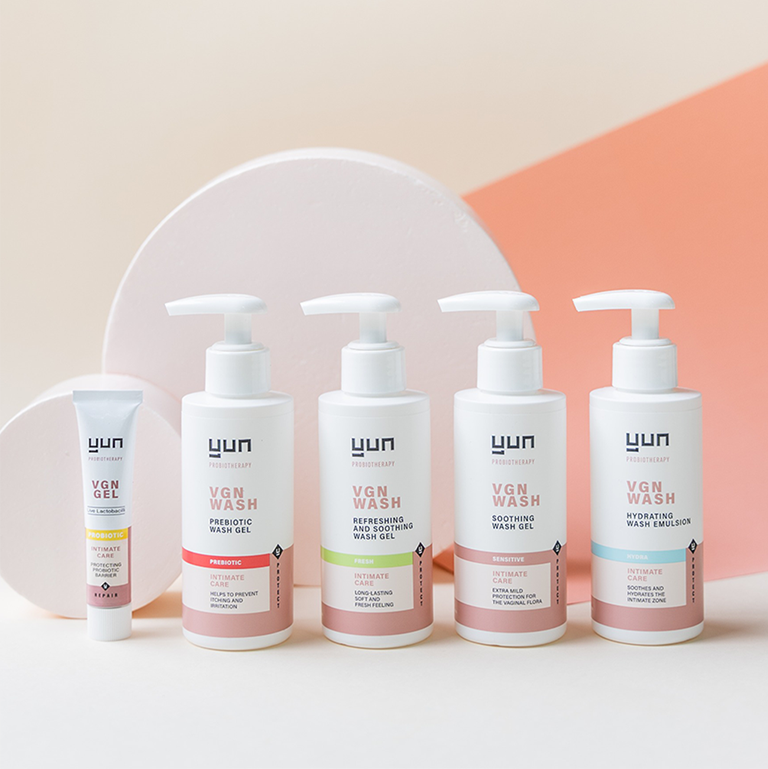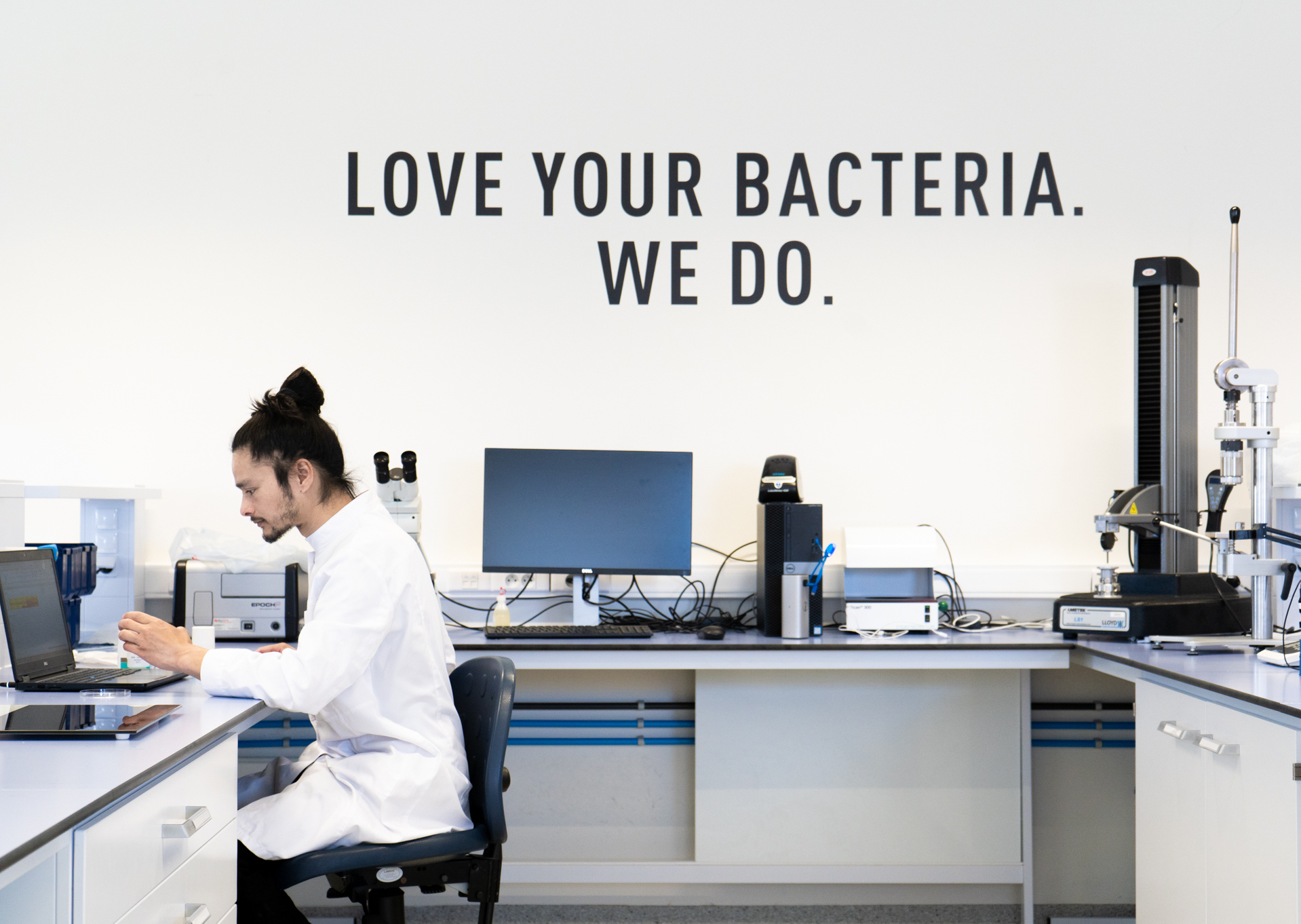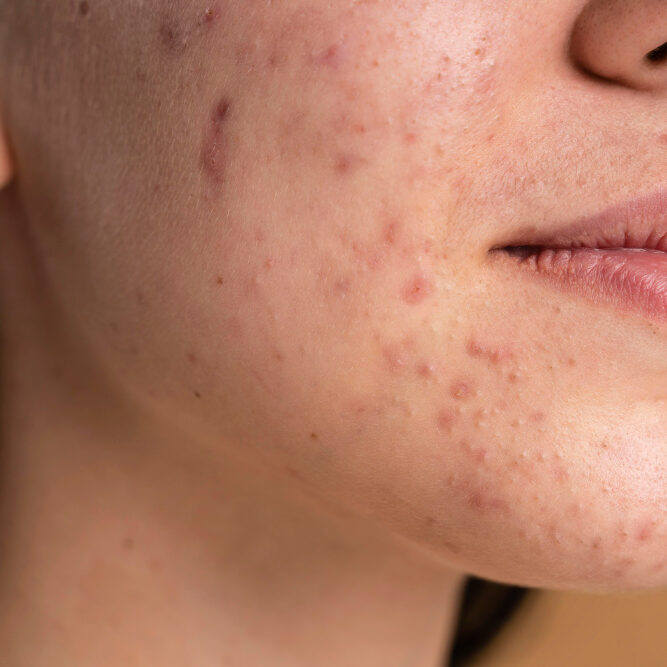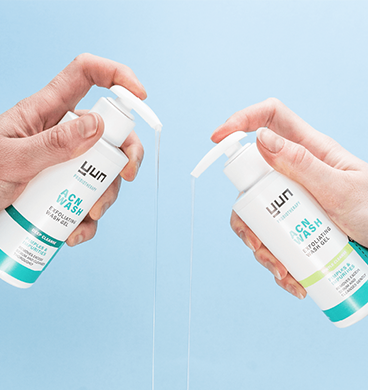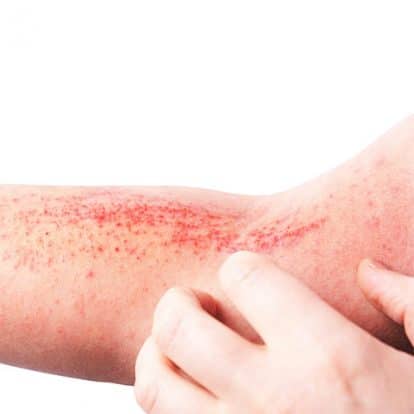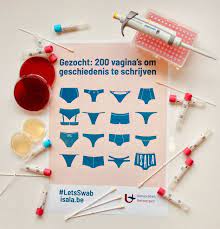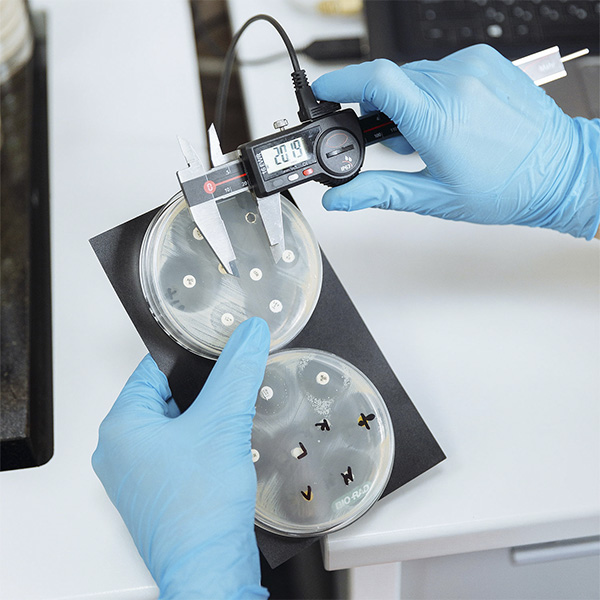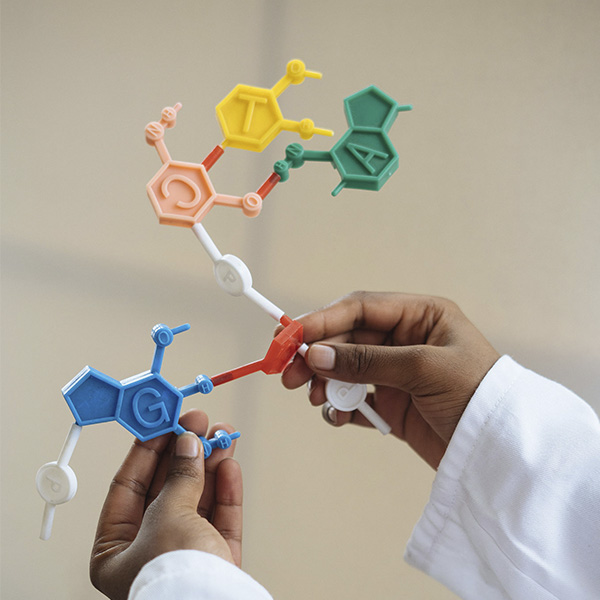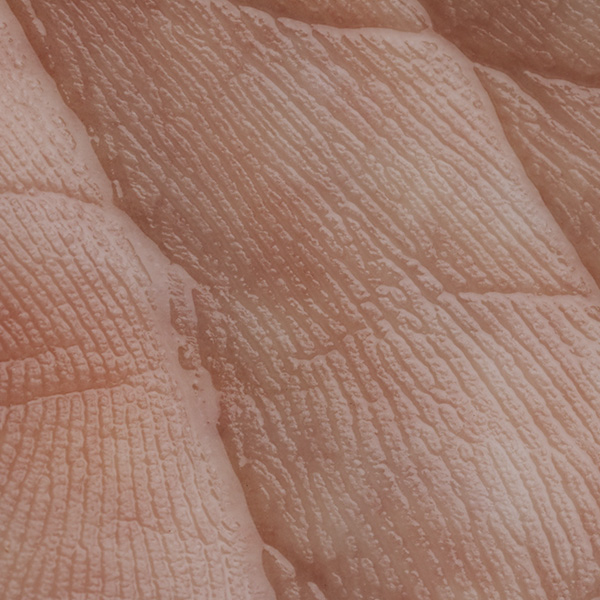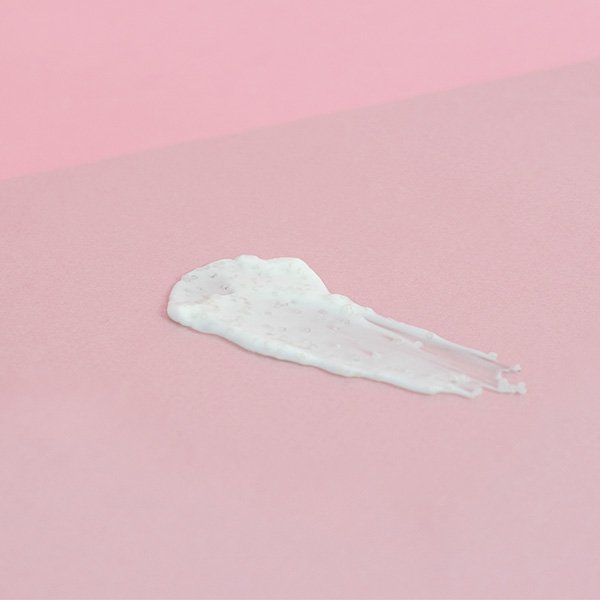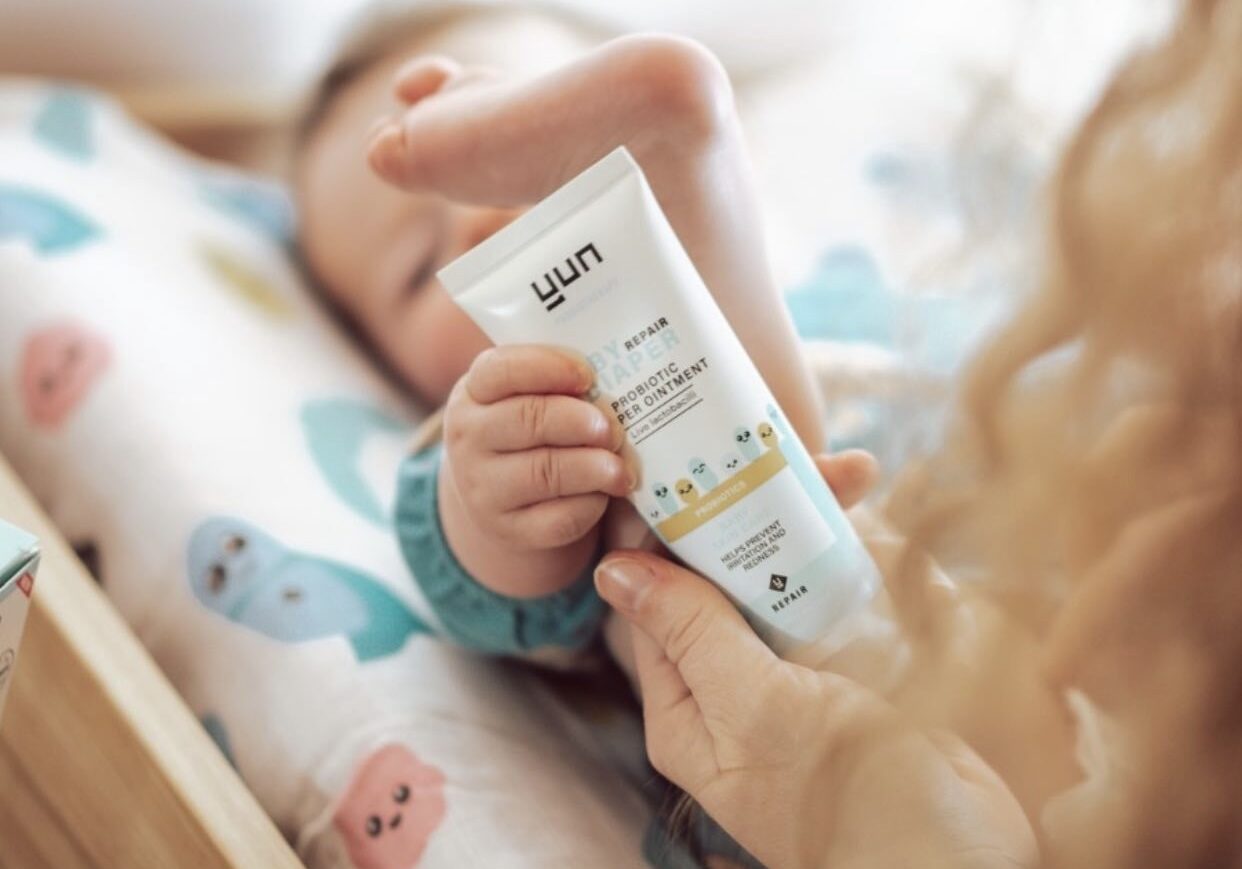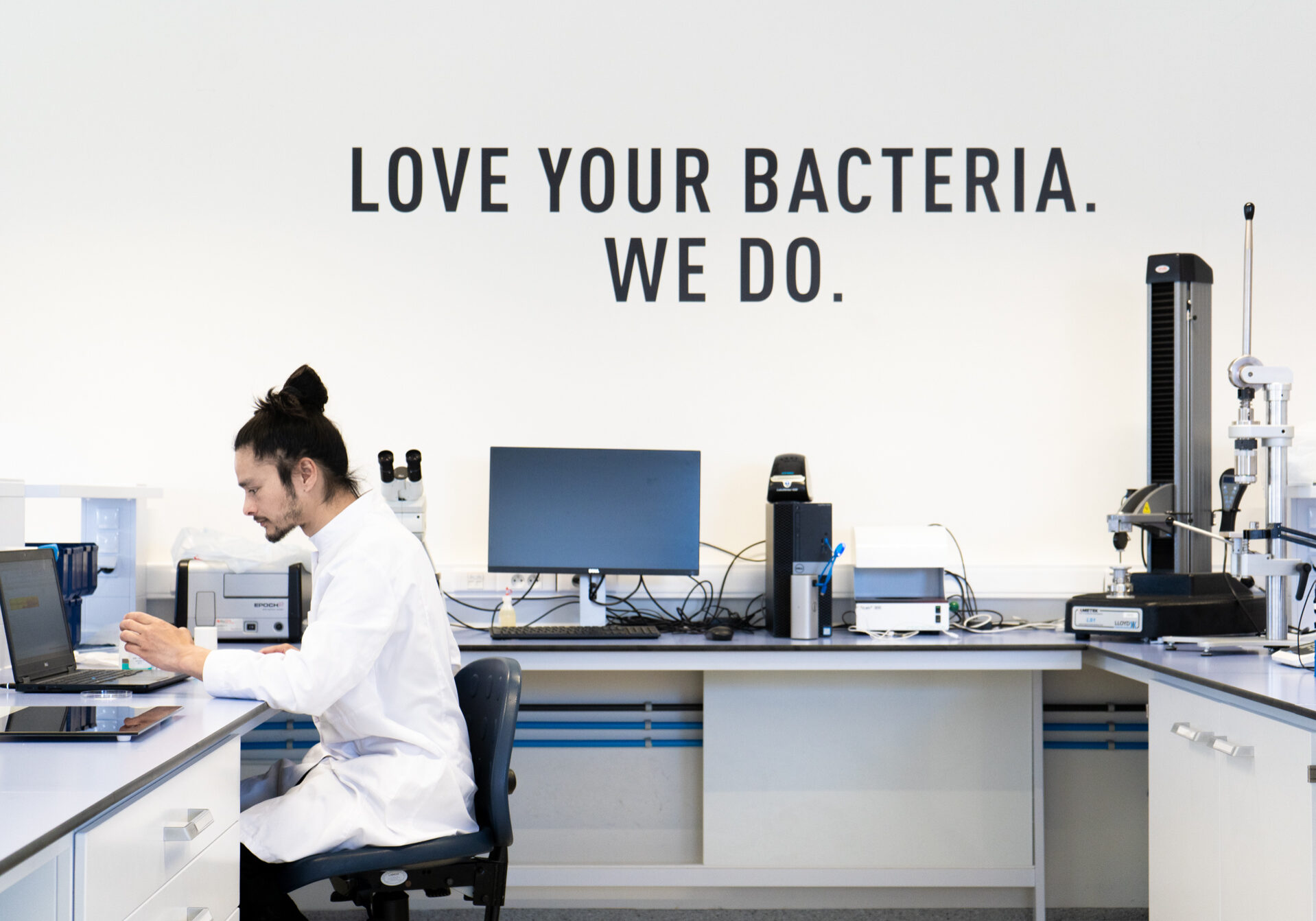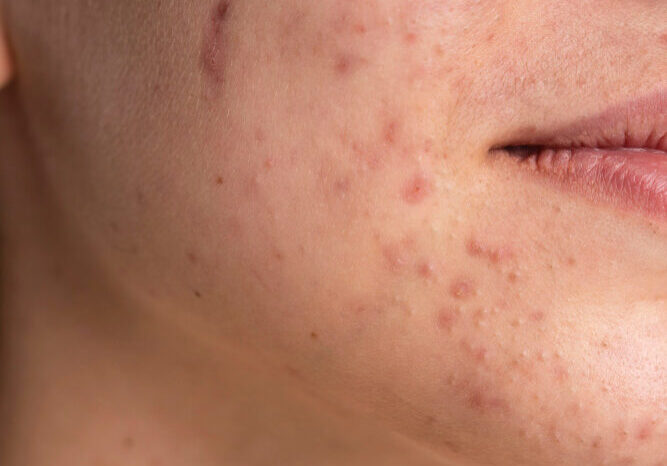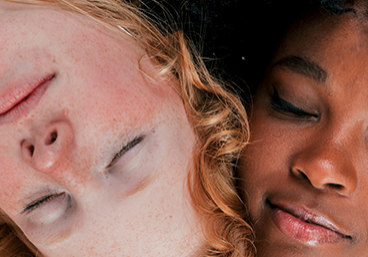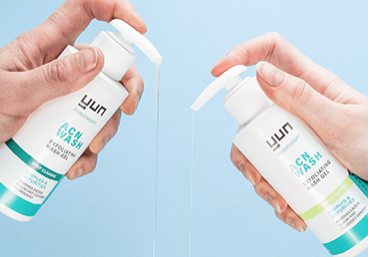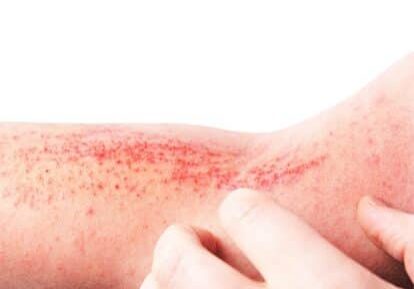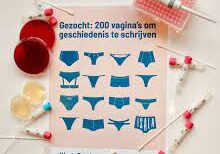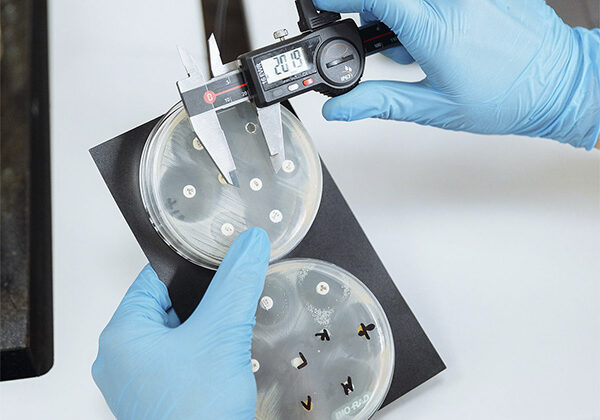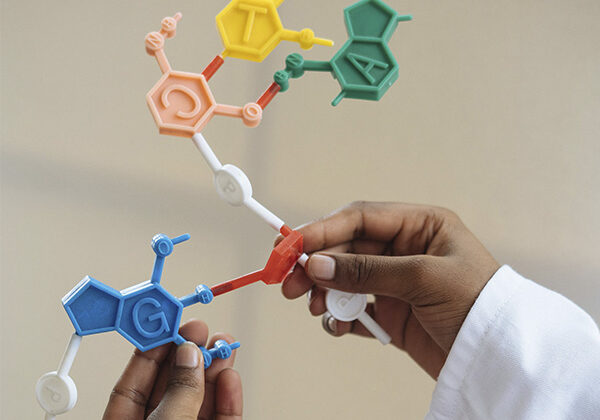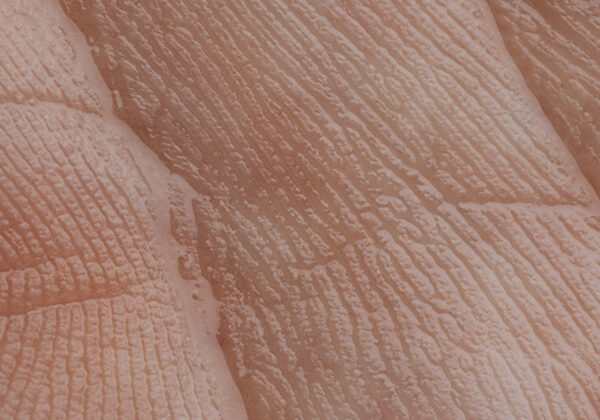Authors: Eline F. M. Oerlemans, Gert Bellen, Ingmar Claes, Tim Henkens, Camille Nina Allonsius, Stijn Wittouck, Marianne F. L. van den Broek, Sander Wuyts, Filip Kiekens, Gilbert G. G. Donders & Sarah Lebeer
“Vulvovaginal candidosis (VVC) is a common condition with severe symptoms and high recurrence rates. Probiotic lactobacilli are explored as alternatives to azole treatments. Although the vaginal microbiota is generally not depleted in lactobacilli during VVC, studies indicate that the functionality and antimicrobial activity of the lactobacilli is impaired. We selected three strains from the Lactobacillus genus complex (L. rhamnosus GG, L. pentosus KCA1 and L. plantarum WCFS1) based on in vitro evaluation and formulated them in a gel for vaginal application. This gel was evaluated in 20 patients suffering from acute VVC, who were followed for four weeks including a 10-day treatment period. The microbiome was assessed through 16S rRNA (bacteria) and internal transcribed spacer (ITS; fungi) amplicon sequencing, supplemented with quantitative PCR, culture and microscopy for Candida evaluation. 45% of women did not require rescue medication (3×200 mg fluconazole), implying an improvement of their symptoms. These women showed similar end concentrations of fungi as women treated with fluconazole. Moreover, fluconazole appeared to reduce numbers of endogenous lactobacilli. Our study points towards important aspects for future selection of lactobacilli for probiotic use in VVC and the need to investigate possible negative influences of azoles on the vaginal bacterial community.”

